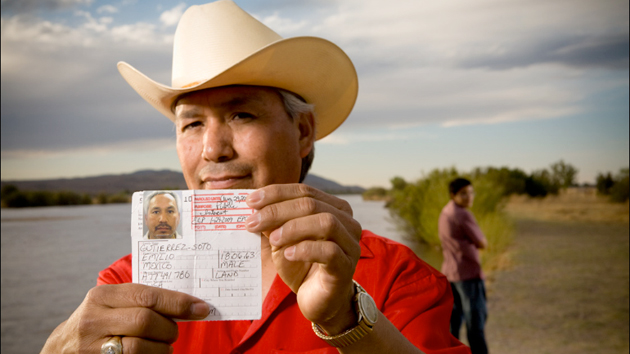A snag in California’s effort to close 100 state parks, mandated under its hard-fought budget deal, shows why the Golden State has become the State of Unintended Consequences:
Neighborhood watch-style groups will have to do the work of rangers to prevent illegal activity in closed state parks unless voters approve a vehicle license fee or some other method is found to save the beleaguered park system, officials and park supporters said Tuesday.
Good luck with that.
As I reported in Mother Jones‘ July/August issue, a third of California’s national parks and all of its national forests have already been colonized by aggressive pot farmers. Where hippies once grew just enough weed to peace out, traffickers now now cultivate more than 100,000 plants at a time on 30-acre terraces irrigated by plastic pipe, laced with illegal pesticides, and guarded by MAC-10s and Uzis.
There’s no way that some mace-packing Guardian Angels are going to keep these guys out of shuttered and empty state parks, especially not vast areas like Mount Tam north of San Francisco, and Coe Ranch near San Jose, both of which are on the chopping block. Without rangers and day hikers, they’ll be a narcotrafficante’s dream.
“We are involved in a process we didn’t understand was as complicated as it is,” park system spokesman Roy Stearns told the San Francisco Chronicle. Well said, brother. It’s what I like to think of as living in California.
















